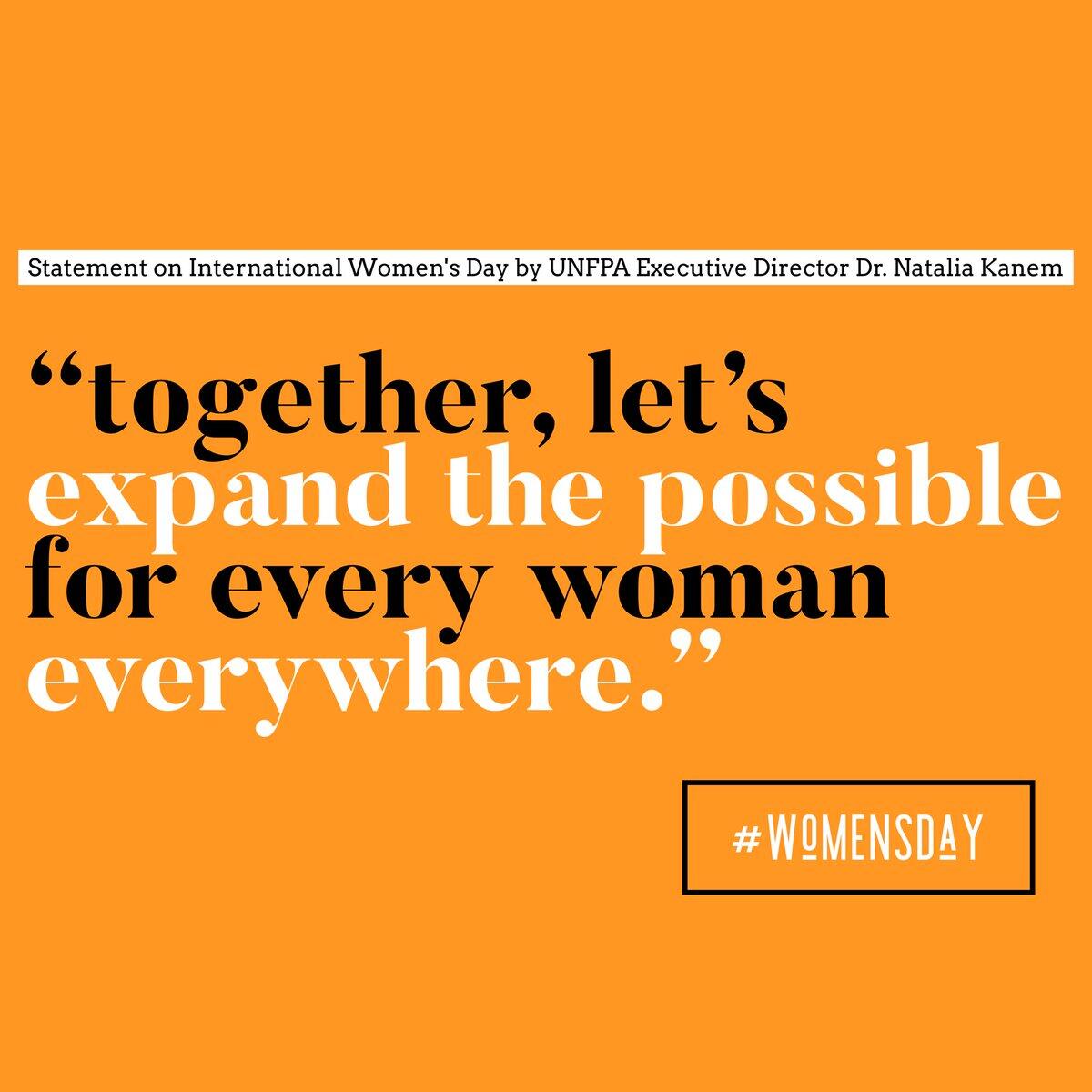Everywhere, new technologies and innovations are transforming the way we work, the way we communicate, the way we interact with each other and with our environment, and the way we live, in ways previous generations could not have imagined. Innovation also offers opportunities to leapfrog the obstacles that have kept far too many women and girls from claiming their rights and realizing their full potential.
For UNFPA, innovation is about expanding the possible. It’s about opening up women’s opportunities for education, sexual and reproductive health, employment and participation in the affairs of their communities.
Innovations like our new Population Data Platform can help decision-makers map needs and target interventions to reach those furthest behind. By combining different sources of data, it can help highlight, for example, which districts in a country have the highest rates of child marriage, or where demand for contraceptives outstrips supply.
Mobile technology is helping us strengthen health providers’ skills, improve data collection, and reach women and girls with the sexual and reproductive health services and information they need. This is a matter of life and death, especially for adolescent girls.
For girls trying to escape female genital mutilation in rural Tanzania, crowdsourced maps developed by networks of volunteers in more than 60 countries are showing the way to safety. The data generated will also help FGM-related outreach programmes and services reach the girls, families and communities that need them most.
Innovative partnerships, including with the private sector, are helping us break bottlenecks and strengthen health systems to improve maternal and newborn health and expand access to contraception.
Many of the best solutions come from women themselves.
For example, in Kenya, social enterprises led by women are developing new sexual and reproductive health solutions, like prototypes for sanitary pad dispensers that use chip-reader cards provided for free to girls in poor areas of Nairobi. In Uganda, a women-led enterprise supported by UNFPA is developing an affordable, discreet menstrual health kit, designed by local women for use by local women.
Women know best what they need to participate in, and benefit from, the economic and social development of their communities. It is our job to listen and to foster creative, fresh approaches that promote the highest level of sexual and reproductive health.
As we celebrate International Women’s Day under the theme “Think Equal, Build Smart, Innovate for Change”, let’s celebrate the women innovators around the world who are breaking down barriers to rights and choices and building a more gender-equal world.
Women’s empowerment and gender equality are critical, not only to achieving the Sustainable Development Goals, but also to finally realizing the vision of the 1994 International Conference in Population and Development, ICPD, which linked reproductive health and rights to sustainable development. Twenty-five years since this path-breaking event, hundreds of millions of women still lack the power to make their own decisions about whether, when, with whom or how often to become pregnant. It doesn’t have to be this way. That’s why UNFPA is innovating with our partners for contraceptive choice, safe birth, and to end violence and harmful practices against women and girls.
In November, UNFPA and the Government of Kenya are hosting a summit aimed at renewing commitments to achieving the ICPD goal of sexual and reproductive health for all. On this International Women’s Day, I encourage all governments to join us on our journey to Nairobi.
Together, let’s expand the possible for every woman and girl everywhere.


